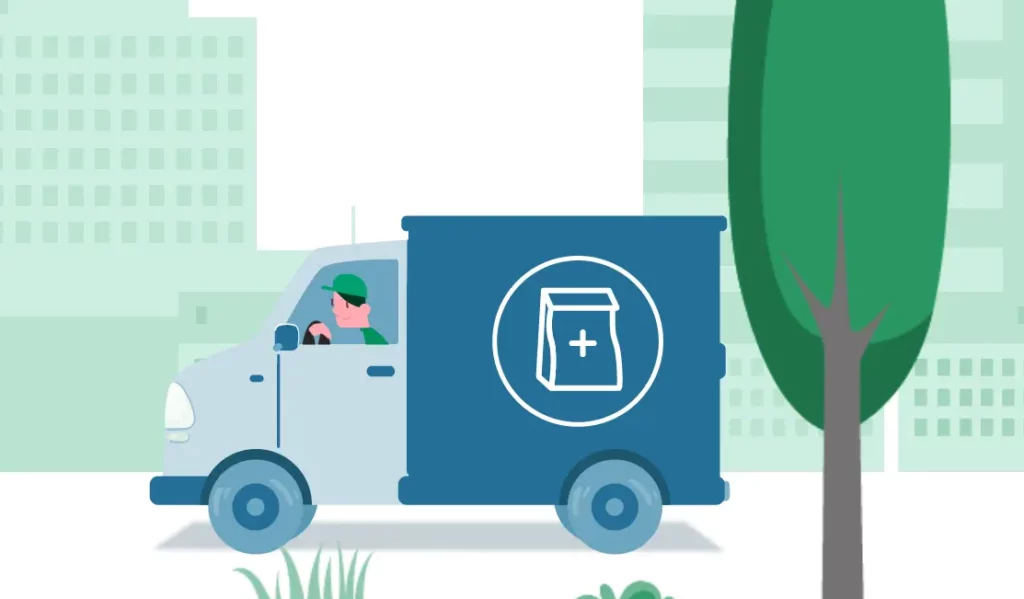Type 1 diabetes is an autoimmune condition, meaning it occurs when the immune system mistakenly attacks and destroys insulin-producing beta cells in the pancreas.
Though the exact cause of this condition is unknown, there are factors that play a significant role in its development. These include:
- Genetic Predisposition: People with a family history of type 1 diabetes are at a higher risk. Certain genetic markers increase susceptibility to autoimmune reactions that target the insulin-producing cells in the pancreas.
- Environmental Triggers: While genetics contribute to the risk, environmental factors also play a role in triggering the autoimmune response. Viral infections, particularly during childhood, have been linked to the development of type 1 diabetes. It is believed that certain viruses may act as triggers, prompting the immune system to mistakenly attack the pancreatic cells.
Type 1 diabetes often develops early in life, typically during childhood or adolescence, but it can occur at any age. Unlike type 2 diabetes, which is often associated with lifestyle factors such as obesity and physical inactivity, type 1 diabetes is not preventable through lifestyle changes.
Symptoms of Type 1 Diabetes
The symptoms of type 1 diabetes can develop relatively quickly (particularly in children).
If you notice any of the following symptoms, you should visit your GP for further testing immediately:
- Increased thirst
- Frequent urination
- Unexplained weight loss
- Fatigue
- Irritability and mood changes
- Blurred vision
- Yeast infections (thrush)
- Cuts and grazes that aren’t healing
It’s important to note that these symptoms can vary in intensity, and not everyone with type 1 diabetes will experience all of them. If you or someone around you is experiencing symptoms suggestive of diabetes, it is crucial to seek prompt medical attention for diagnosis and appropriate management.
Diagnosing Type 1 Diabetes
If you’ve gone to your GP with symptoms of type 1 diabetes, your GP will ask you for a urine sample and might check your blood sugar levels.
If these tests indicate that you might have diabetes, you’ll be advised to go to hospital straight away for further testing. You’ll need to stay in the hospital until the blood test results have come back – this is usually the same day as the tests were performed.
If you’re diagnosed with type 1 diabetes, you will be shown how to start managing your condition before leaving the hospital, including how to test your own blood sugar levels and how to inject insulin safely into your body.
Order Your Prescription with Healthera
If you’ve been diagnosed with type 1 diabetes, you can order your prescription online from your local pharmacy with Healthera.
It only takes a few minutes to set up your prescription for collection or home delivery.
To get started, simply click the button below:

